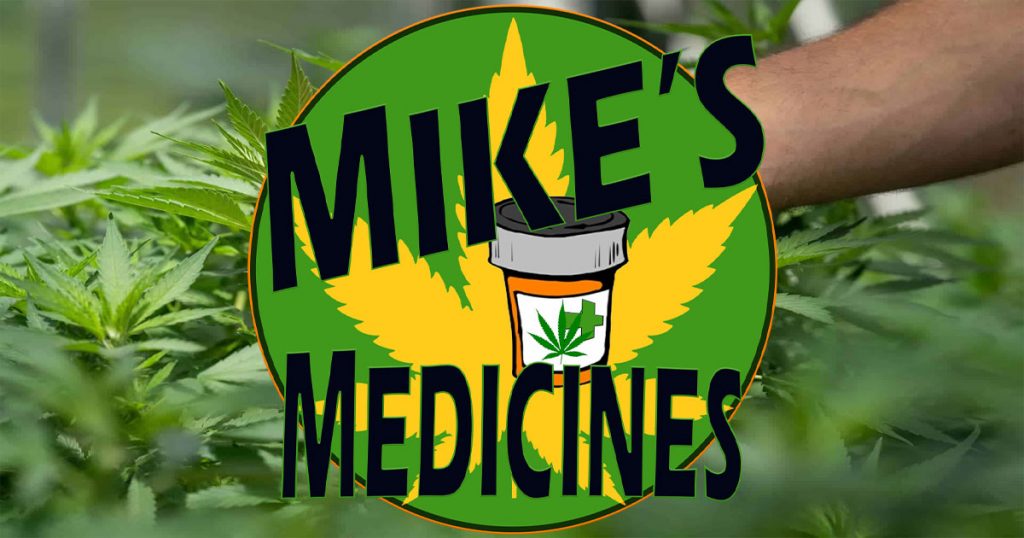Feds take action again today against companies making product claims:
As The Federal Trade Commission (FTC) lashed out today warning the CBD Industry over health claims, targeting several businesses giving them only 2 weeks to respond, I interviewed patients that had difficulties based on such claims. “Why isn’t this working, I’ve done everything they told me to”, Alice Bellows of Alaska asked in relation to a CBD product she bought online for PMS issues. “It says right on the website it would relieve the cramping and swelling but it’s not.” Upon further examination of the product she bought, it was easy to see why it wouldn’t work as stated – 350 milligrams total in a 2 oz bottle. That’s beyond a weak product and most with those issues need something topical as well as ingested. Making product claims is an illicit action by any cannabis or CBD company – without scientific proof, the government doesn’t allow any supplement to lay claim to fame of being a ‘cure’ or ‘treatment’. What makes tension even worse is the fact CBD has yet to gain status as a supplement. While many are finding relief with CBD, others are having difficulties in gaining a good product. “I’m not too happy to have spent nearly $80.00 on this when it was supposed to help my wife,” her husband Raul stated, “We looked and when I saw this one posted on social media and read about how much she would need I thought the bottle of oil would help her. The salesperson told me that 350 milligrams were enough so I bought it thinking she would get that many milligrams when she used it, not 5 or 10.” He’s far from alone, as the industry grows without regulation, there are many that have bought products that have specific health claims upon them and have found them not to work that well while others gain access to quality CBD products that do a great job. One huge difference is marketing – does the maker of the product sell it by use of health claims or do they make sales based on word of mouth that their product is a good one? “Why can’t they just show their products and let us make a decision without the push to buy it? I don’t understand why any company would want to have us upset like this” Alice went on to talk about her experience, “I could have spent the funds on something that works so I’m not giving up thanks to some helpful advice – we need more patient advocates that can teach us what to use and how to do so instead of salespeople. This has left me with a bad taste in my mouth over the whole thing although I’ve heard great things about CBD and won’t stop trying it. Thank you for sending me in the right direction, we were both lost trying to read through all the posts and information online.”
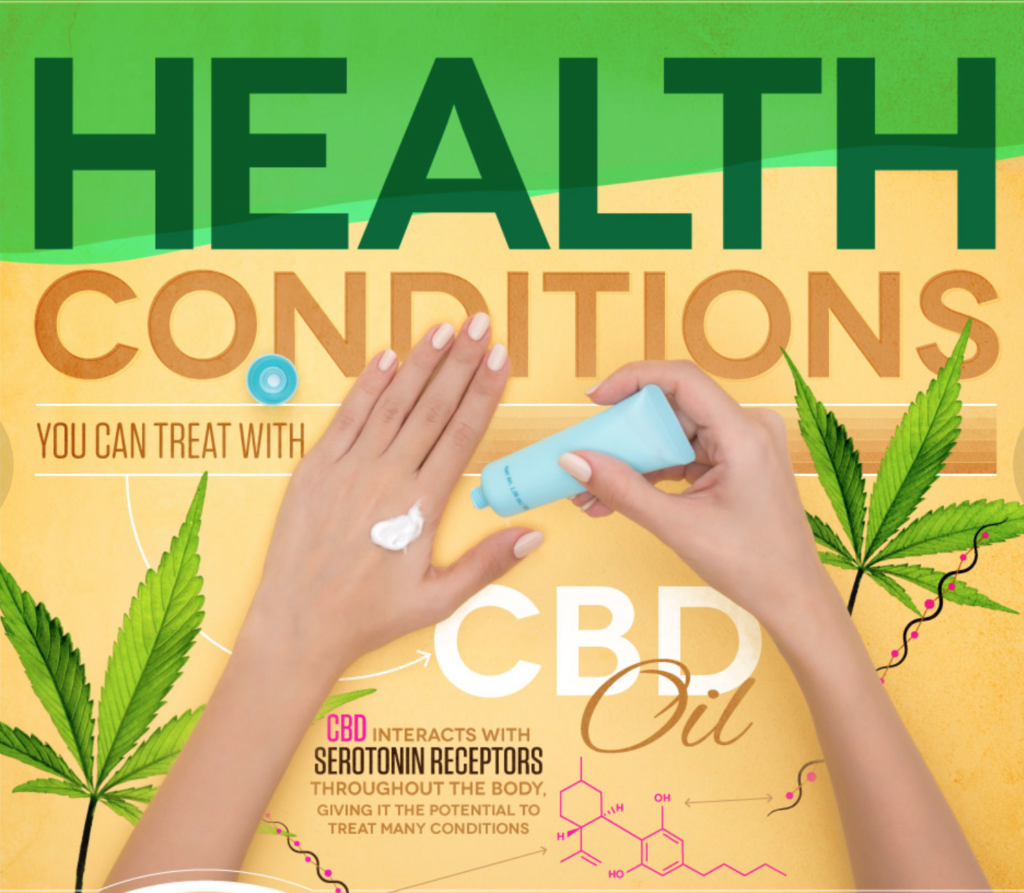
Many are aware that CBD has multitudes of health benefits – and those in the industry should be more than aware that making health claims on products isn’t just illegal – it’s misleading. There’s no way to know that any product branded as a headache or PMS pain cream will actually work to do this – and without FDA approval to market in such a way it is a serious consumer affairs issue. But PMS is not the biggie when it comes to misleading information – of course, there’s a lot of pain and discomfort for females with issues – but what about Cancer patients? “I was told that if I took the 1,000 mg. CBD would help me beat prostate cancer” Jonathan from Oxnard, California shared with me, “I used the whole bottles in only 5 days after reading I should be taking 100-milligram doses, when I called the company to ask a question I got a voicemail box that was full – there was no customer service at all so I kept on buying bottles over the next month and spent over $1,000.00. Then I contacted another company that told me I needed their 3,000-milligram product which was nearly $300.00 as well plus a cancer cream to spread across the area – I explained it was prostate but I don’t think they understood I didn’t want cream there. I was told it was perfect for prostate cancer so I bought 2 bottles of oil and got the cream anyway right before going to see a doctor in Santa Monica that specializes in Cancers and cannabis. I was shocked when he told me I’d spent money on products that weren’t strong enough on their own to do much other than relieving anxiety. He told me I needed THC products but the company I was buying from told me that THC would cause me to be too high and I have to work, and that made the sale with the no high guarantee. When I thought about it more, this is my life, it doesn’t matter if I can’t work for a while so I tried the high THC products after that appointment where I got my recommendation and they didn’t stop me from being able to do my job. I’m self-employed and work at my own pace. I’ve found that the combination of oils works really well for me, but I’m still going through chemotherapy. I can’t take the risks of having false information be the culprit in taking my life after all of this, I don’t even know who to believe anymore about cannabis but know that this THC is working well. I’m still using the CBD, but not a bottle every 5 days. I’ve learned from people online that I shouldn’t have paid attention to the ‘Cancer Killer’ part of the advertising from the company I bought from.” Jonathon is yet another patient that I’ve worked with extensively after finding out he had spent nearly $2,000.00 on oils that simply couldn’t fight the battle he’s in by themselves – yet people had sold them to him making strong product claims as well as enticed him by Facebook posts about the product that also made claims regarding cancer. What was worse is the company he was buying from provided no 3rd party labs and when I asked for them for him – they hung on me! This article is not to expose the bad guys – it’s to expose the bad problem we simply can’t ignore. Patients like Jonathon could die from bad advice given from someone online who’s also making a claim about a product and not about a cannabinoid or its efficacy – simply horrid sales tactics. Professionals in the cannabis and CBD industries do not condone this type of behavior and that’s a very important statement always made to the vast number of consumers who make contact to complain.
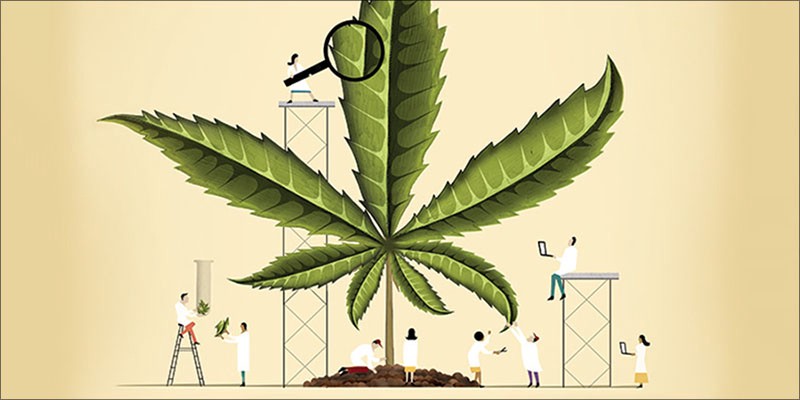
The bottom line is it’s gotten out of hand. There are so many different companies selling cannabidiol (CBD) products including much Multi-Level Marketing (MLM) CBD companies with a vast number of affiliates and brand ambassadors making memes and more – and many of them directly lay claim that their product, not the cannabinoid, will either treat or cure an illness. As consumers catch on to this type of marketing and begin avoiding it – the industry also is taking action. But the FTC has made it clear today they’re not going to get much more strict in relation to all of this – for years industry leaders that sell products have been warned by the FDA to knock it off when it comes to making any health claims at all. CBS News reported today: “
One company touted CBD as working “like magic,” and better than prescription opioid painkillers to relieve pain” per the FTC statement. To support its claims that CBD had been “clinically proven” to treat cancer, Alzheimer’s, multiple sclerosis, and other conditions, the company “states it has participated in ‘thousands of hours of research with Harvard researchers,” the agency said.” Now that simply isn’t good and it’s asking for the government to step in with regulations that could wipe the slate somewhat clean in the industry while handing CBD over to Big Pharma due to how it’s been marketed to consumers without regulation. The CBS report went on to state “Another company advertises CBD as a “miracle pain remedy” for acute and chronic pain, including pain from cancer treatment and arthritis. Its website claims CBD products are proven treatments for a range of afflictions, from bipolar disorder to traumatic brain injuries and AIDS. The third company promotes CBD gummies as highly effective at treating “the root cause of most major degenerative diseases, including arthritis, heart disease, fibromyalgia, cancer, asthma and a wide spectrum of autoimmune disorders,” according to the FTC.
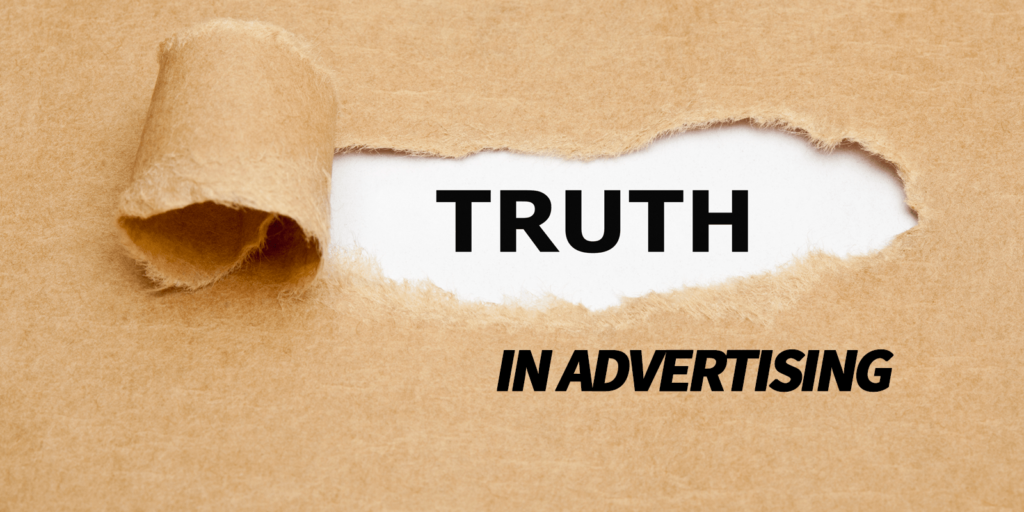
It’s not that CBD isn’t effective or doesn’t work – it’s in following basic rules in business. Advertising something as a cure or treatment for a health problem requires the proper studies to be done first – which include rigorous trials on humans. “There really isn’t very much evidence in humans with respect to its effectiveness,” says Ziva Cooper, the research director at the UCLA Cannabis Research Initiative. “And when I say evidence in humans, I’m really talking about double-blind placebo-controlled studies.” On the other hand, Cooper says, there’s also not much research showing that CBD doesn’t work for things. “There is just a general lack of studies – period.” In humans, she says, “the picture is pretty complicated” – especially when it comes to effective dosages of cannabinoid medicine with the various THC: CBD ratios. “We are just at the cusp of trying to figure it out,” says Cooper. “So while people are using these drugs, science is very far behind right now.”
I couldn’t agree more. Those in the know are very aware that CBD has vast potential – but we’re also aware that consumers need to practice caution especially when their out buying any product of any type for a health issue that comes with a guarantee of a cure on the label. Knowing many professionals within the industry makes me fully aware that the majority want to follow the rules, give patients access to clean products, and make sure they’re not creating a liability for themselves. These various issues that are coming up with false claims or claims that aren’t legal to make are generally done by those that aren’t interested in consumer health or patient progress – they’re interested in making a quick buck – and in doing so creating a negative atmosphere for new people who seriously want to try out the plant’s medicine. Consumers need patients to continue taking it up about what works – and to exercise a bit more caution when buying from entities they don’t know or have not been referred to. Gaining lab tests on all products should be a number one priority for anyone using cannabinoid medicine as well, just like anything else ingested we should make sure it’s clean of any contaminants.
Kurt Patrick Casadine, a cannabis industry professional and creator of the 420 Sky Group, had some input on this as well: “The rush to cash in on the industry for many has taken the front seat while integrity and developing quality products were not even allowed along for the ride. This is to be expected to a degree as the US Federal Government ignores the will of the people in support of big pharma’s interests and States overly regulate the industry in a feeble attempt to appear socially responsible. For those of us determined to see cannabis as a fully functional member of the mainstream market place it remains imperative to resist the rush to cash in quick and stay true to our integrity.”
Medicate safely – and beware of those making guarantees about how their product will ‘cure you’ or your health concern. It’s very good medicine but should be marketed responsibly. In any young industry these types of fumbles are expected but with medicinal cannabis – it’s someone’s life at stake.
-Mike Robinson, Cannabis Patient and Founder, Global Cannabinoid Research Center. But, most of all, Genevieve’s Daddy
Sign up to receive informative and exciting email updates from Mike's Medicines!
You can sign up for our mail list here:
Didn't find what you are looking for?
Find exactly what you want to when you want it.
Browse through our archives by date, category or by entering a topic in the provided search field.
Archives
Categories
More to come as we have time to add them – there’s 100’s of additional publications!

We’ve made it easy for you to read Mike’s Medicine Blog or visit any of the Menu items right from here. It is that simple! Explore Mikes Medicines by clicking on the button below:
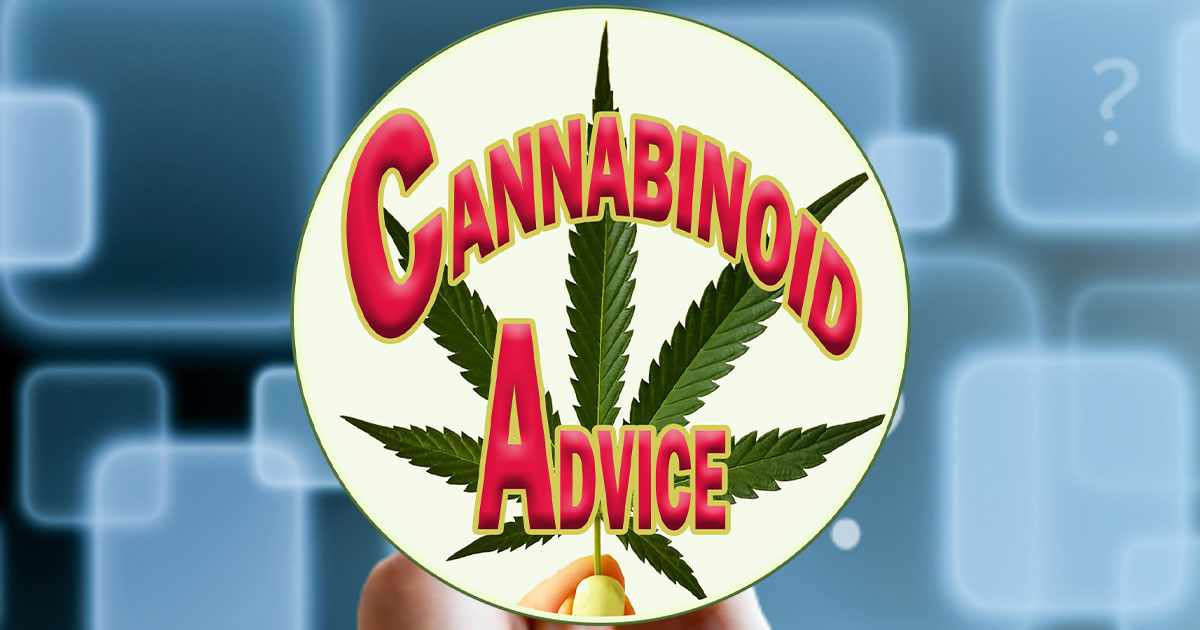
Read about how Cannabis Compassion and love created Mike’s beautiful family, the Cannabis Love Story inspires millions daily:
Genevieve’s Dream is all about her love for the Carousel coupled with her Cannabinoid Medicine journey – read more and make contact if you’re interested in collaborating with Mike!
The Global Cannabinoid Research Center is a trusted source for education, R&D, and more – make contact with us to collaborate.


